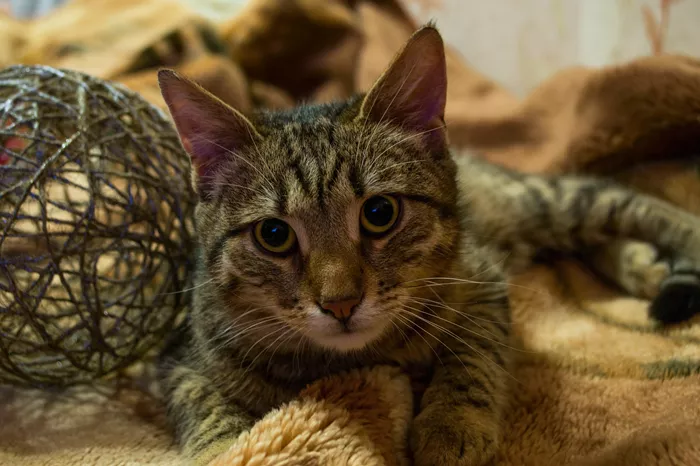A devastating outbreak of bird flu has claimed the lives of 20 big cats, including a Bengal tiger and four cougars, at the Wild Felid Advocacy Center in Washington state. The deaths occurred over several weeks, with the sanctuary’s staff grappling with the loss of these beloved animals. The disease, carried by wild birds, has proven particularly lethal for big cats, who are highly susceptible to its effects.
“This is a heartbreaking loss for all of us,” said Mark Mathews, Director of the Wild Felid Advocacy Center. “We’ve never experienced anything like this before. Usually, we see animals pass from old age, not from something so swift and devastating.”
Bird flu, also known as avian influenza, spreads mainly through respiratory droplets and bird-to-bird contact, though mammals can contract the virus by ingesting infected birds or bird-related products. The Wild Felid Advocacy Center, which is home to a variety of big cats, has been under quarantine since the outbreak was detected in late November, with the sanctuary remaining closed to the public to prevent further transmission.
Among the animals lost were five African serval cats, four bobcats, two Canada lynx, and the Bengal tiger, leaving only 17 cats at the sanctuary. The virus causes severe pneumonia-like symptoms in infected animals, often leading to death within 24 hours.
This tragic event comes as bird flu continues to spread across the United States, affecting poultry, cattle, and, in rare cases, humans. Since March 2024, cattle in the U.S. have been infected with the virus, marking a new phase of the outbreak. The Centers for Disease Control and Prevention (CDC) reports that, as of April 2024, there have been 61 confirmed cases of bird flu in humans, though the risk to the general public remains low. Most human cases have been mild, but one person required hospitalization for a severe case earlier this month in Louisiana.
The virus has also made its way into California’s dairy farms, prompting Governor Gavin Newsom to declare a state of emergency. This declaration aims to provide the necessary resources to control the outbreak and safeguard both human and animal health.
The Wild Felid Advocacy Center is working closely with local authorities to contain the spread of the virus. “Our team is devastated, but we are doing everything we can to prevent this from spreading further,” Mathews said. “The cats’ health and safety are our top priority, and we are following all necessary protocols to protect the remaining animals.”
The sanctuary’s staff is closely monitoring the health of the remaining cats and taking steps to ensure that the virus does not spread beyond the quarantine zone. While the situation remains dire, the Center is hopeful that these preventive measures will help curb further losses.
While bird flu has long been a threat to poultry flocks in the U.S., its ability to infect mammals, particularly large cats, represents a troubling escalation in its reach. Experts are urging greater vigilance as the virus continues to spread across species, with potential consequences for wildlife, livestock, and humans alike.
The Wild Felid Advocacy Center, which has been dedicated to the care and protection of endangered wild cats, is calling for increased awareness and research into the virus’s impact on non-avian species. As the outbreak continues to unfold, conservationists hope that greater resources and attention will be directed toward understanding and combating this emerging threat to wildlife.
Read more:
- Navigating Dairy Choices: The Case Against Raw Milk For Kids
- How Support From Partners Enhances Caregivers’ Mental Health
- FDA Approves Generic Victoza: A New Hope For Diabetes Patients


